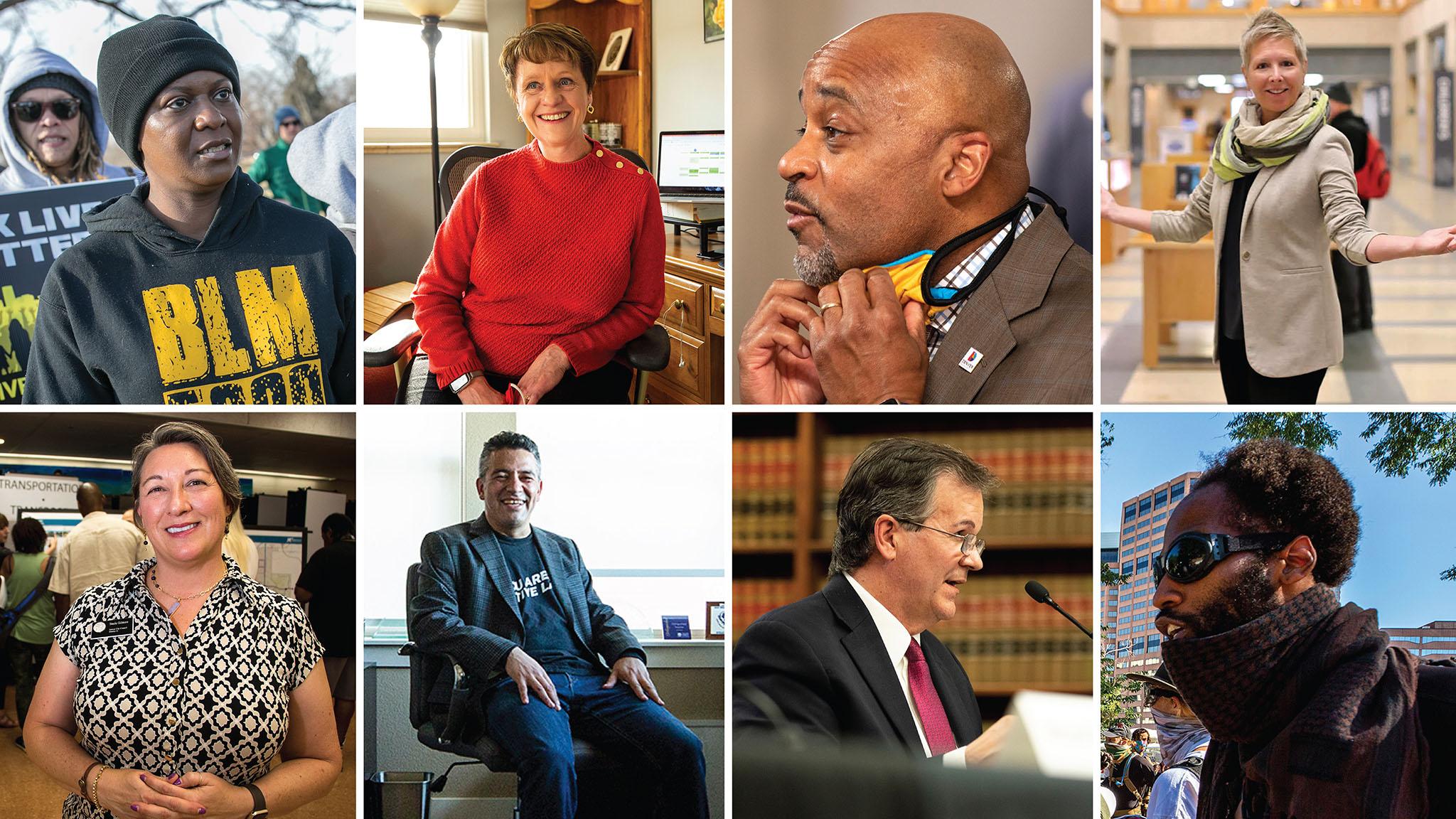Well, that wasn't fun. But it was important.
Nothing bad that happened this year will be erased when the clock strikes 2021, and anything good that came from 2020 will, likewise, live on.
But most people's perspectives probably changed this year, at least to an extent, given how dynamic 2020 was. Here's what the year taught a tiny portion of Denver people. Some responses were given in interviews. Others were written (yes, we know that gives politicians the chance to politick) and have been condensed for clarity. Chief of Police Paul Pazen "respectfully declined" to participate, a police department spokesperson said.
Apryl Alexander, Black Lives Matter 5280 and member of Denver's law enforcement oversight board
The psychologist and professor has been part of a thriving movement for racial justice, particularly when it comes to how police treat people of color. She was appointed to the Citizen Oversight Board this year.

"2020 highlighted the power of community. People provided mutual aid to those in need during the COVID-19 crisis when the local and federal governments failed to do so. The protests and demonstrations for racial justice led to substantial changes (e.g., SB-217, renaming Stapleton and Columbus Park, eliminating school resources officers from DPS, etc.) that myself, friends and comrades, and elders had been pushing for decades. Black women and femmes, many who are grassroots organizers, were instrumental in mitigating voter suppression and advocating for policy changes.
"In sum, this was a year where, in a time of distress, grief, and tragedy, we saw the power of collective action to create the changes we want to see in our community and re-imagine new or better systems."
Lee Ann Colacioppo, editor of the Denver Post
She led the newsroom of the city's and state's paper of record through the most dynamic year in recent memory.
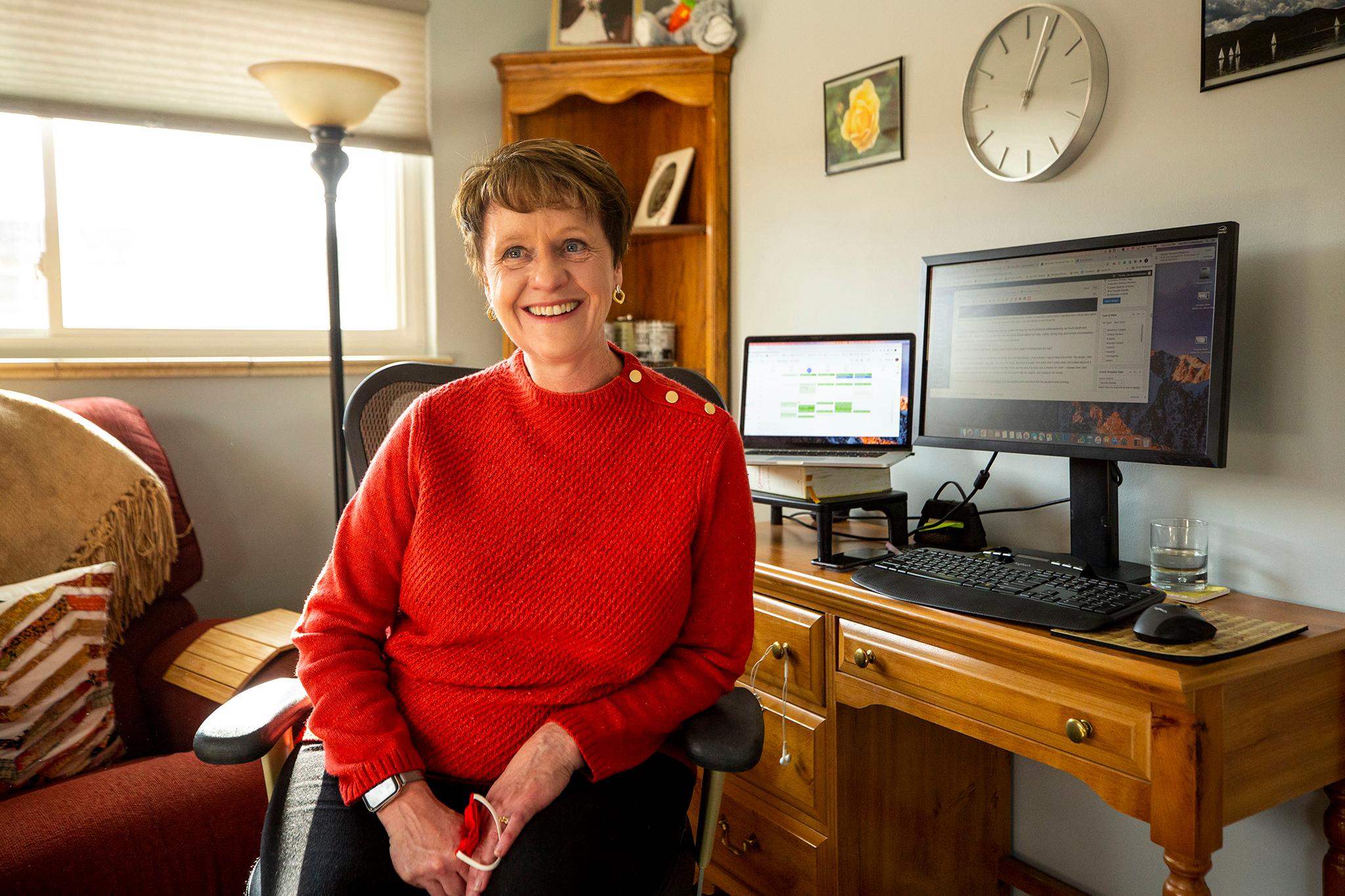
"Given the year this was for journalism, there were plenty of lessons to be learned about our role in a democracy and as a vital conduit of information in a crisis. But I think the lesson I'll mostly take from 2020 is a deeper appreciation of the quality of resilience. I saw it every day as the Denver Post staff moved from covering one major story to the next. I saw it in my family as my husband tackled the world of teaching remotely and my elderly but active parents coped with isolation. It's a quality that helps us thrive in difficult times, and I will seek it out and celebrate it."
Stacie Gilmore, Denver City Council president
She took the helm of the city government's legislative branch in the middle of a pandemic and a movement to transform policing in the name of racial justice.
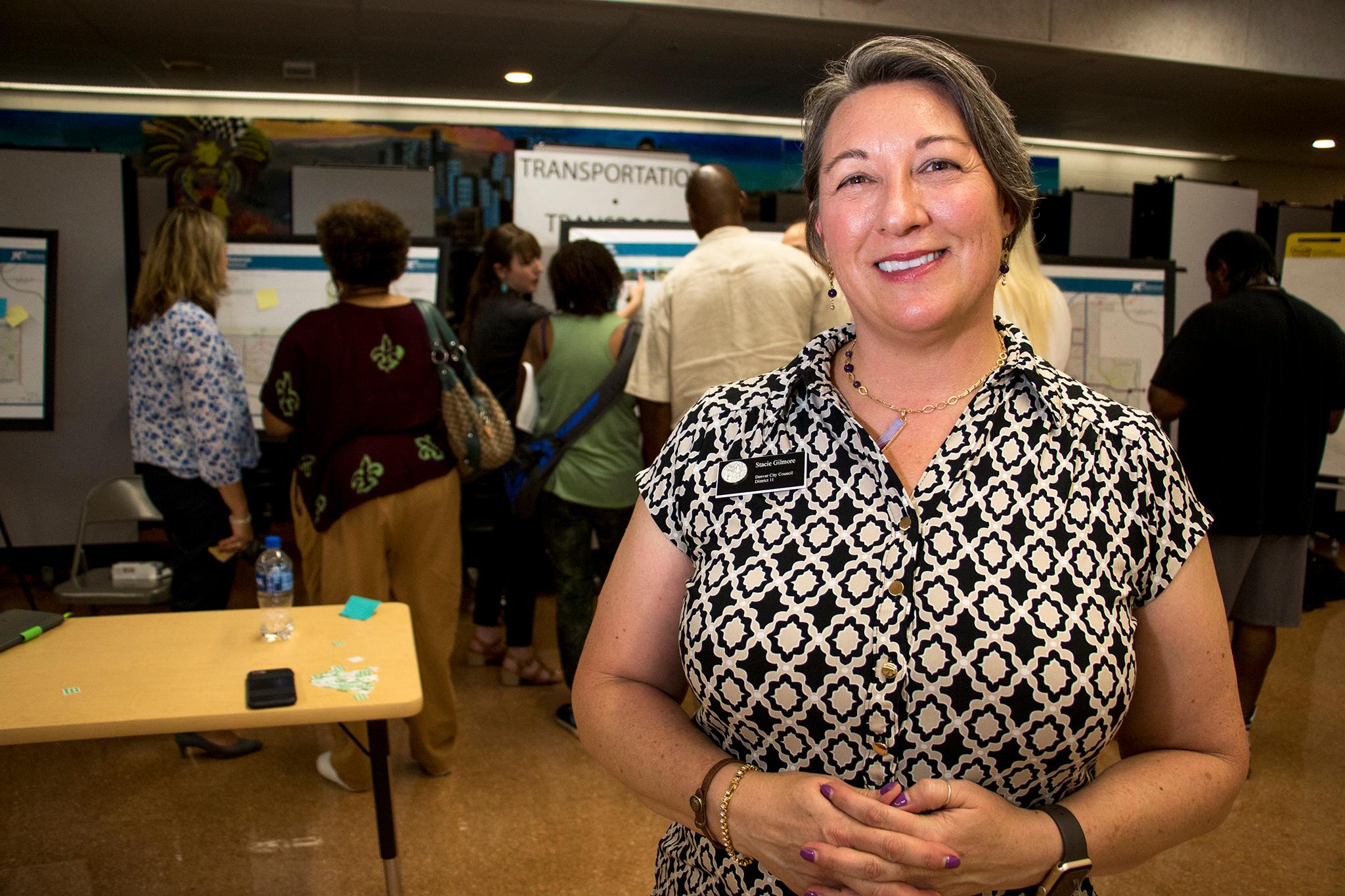
"It is old advice, but this year I've learned that you truly have to take it one day at a time. The problems, both new and decades old, can be overwhelming, but I've tried to focus on the positives, what we have going for us, and how we can mobilize.
"This year has confirmed for me the importance of human connection, how the absence of gathering together or talking face-to-face is difficult on our mental, social and physical health. However, this year has also taught me how incredibly resilient, creative, and inspiring my community and Denver is, and despite these pandemic restrictions we continue to innovate and adapt. It was remarkable to see our community leaders continue to do their work within our turbulent times including providing food, housing, testing centers and much more to our neighbors in need. I am filled with so much hope for 2021 as we rollout vaccinations and together begin to recover as a city."
Michael Hancock, Denver's mayor
The city's top executive oversaw the pandemic response and weathered intense criticism of his police department and homelessness policies while his government secured major investments in that realm, too.
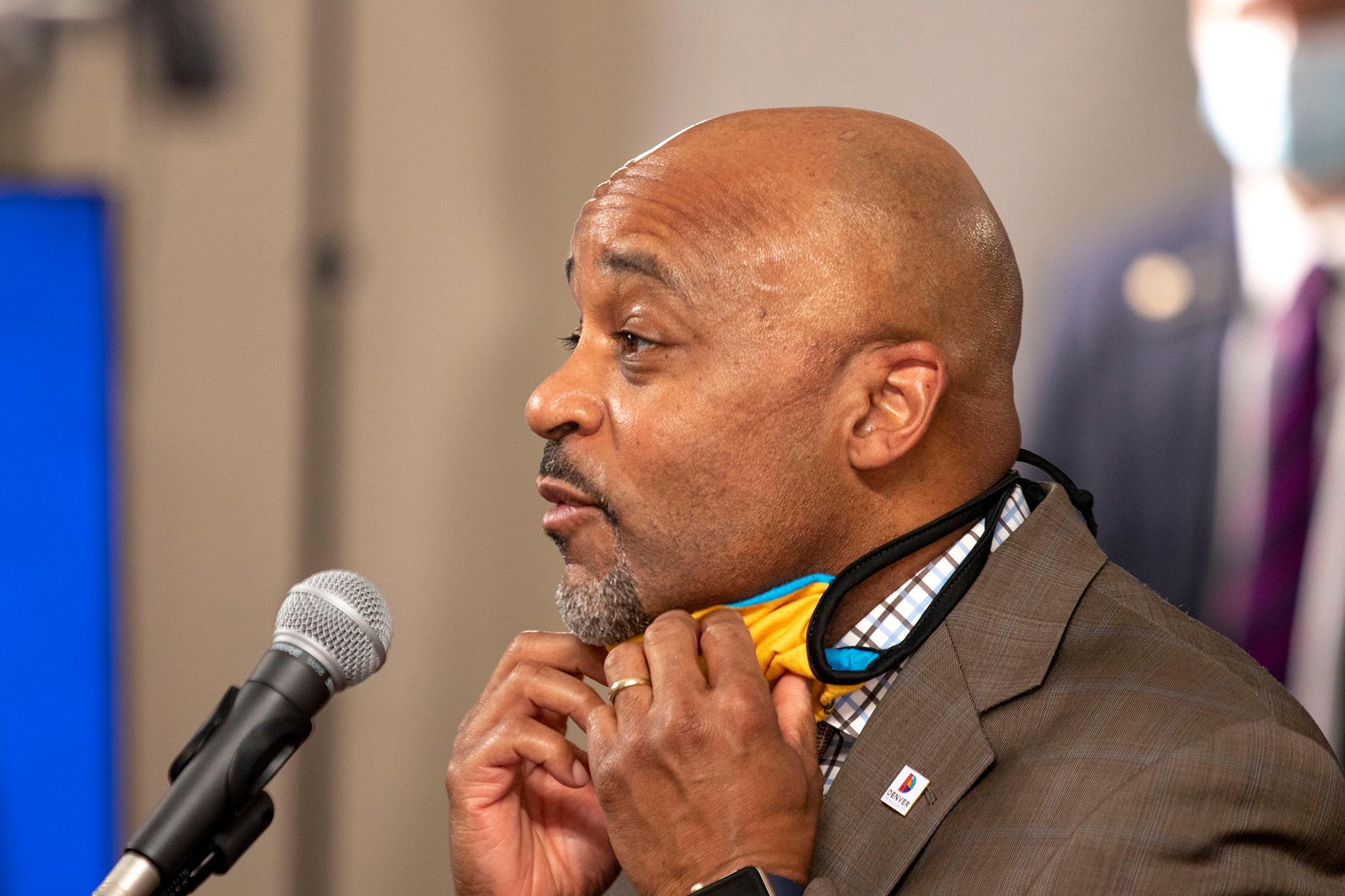
"Among the many lessons of 2020, the emergency response training my administration took seriously every year, even with its significant commitment in time, proved to be invaluable when faced with a real-life public health crisis. Of course, the resilience and generosity of the people of Denver got us through the year.
"A big lesson - how small and interconnected the world is and how our health and prosperity depends, not on slogans like America First, but on our relationships with others and acknowledging and seizing opportunities to stay globally connected. That requires collaborative, truth-based and effective government at all levels. An affirming lesson in this regard is that Denver had budget reserves, and we protected our bond rating. These practical tools will be key to recovery and keeping people safe, housed and employed in the year to come."
Michelle Jeske, Denver Public Library's head librarian
The city's top bookworm is more than that, as the library network goes beyond books to provide services and shelter for people experiencing poverty and homelessness.
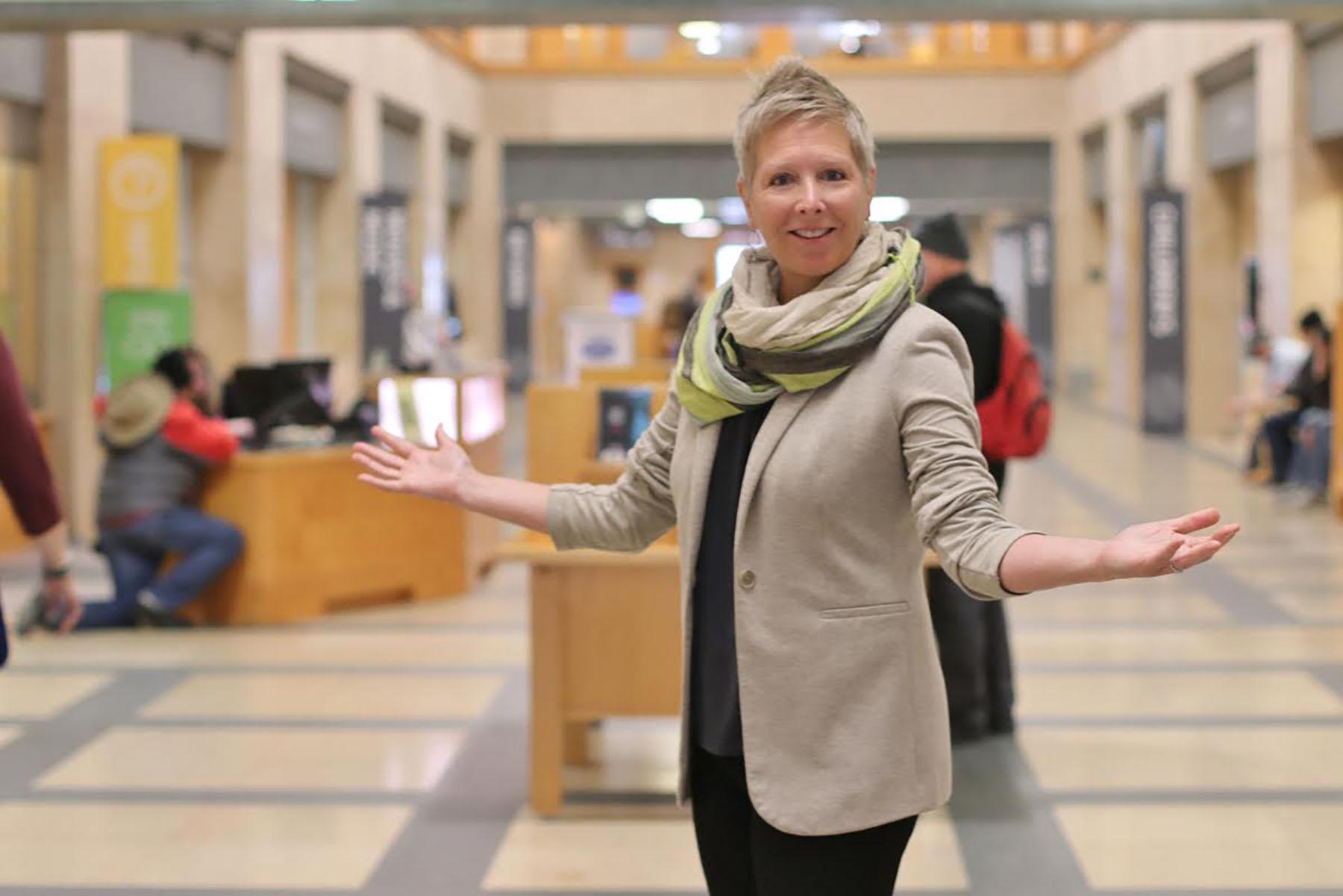
"What I have learned this year could fill a (library) book or two. I've always said that the library is the people, what the staff does for the community, not the books or buildings. We proved that this year, learning how well we can serve our community even in the direst of times without the benefit of our beautiful spaces. I think we have all learned how much work we -- individually and collectively -- have in front of us to undo racial and economic inequities that already existed and have been exacerbated by this pandemic."
Gabriel Lavine, Afro Liberation Front
The activist was one of many who protested the institution of police and called on elected officials to divest in guns and badges and invest in social services.
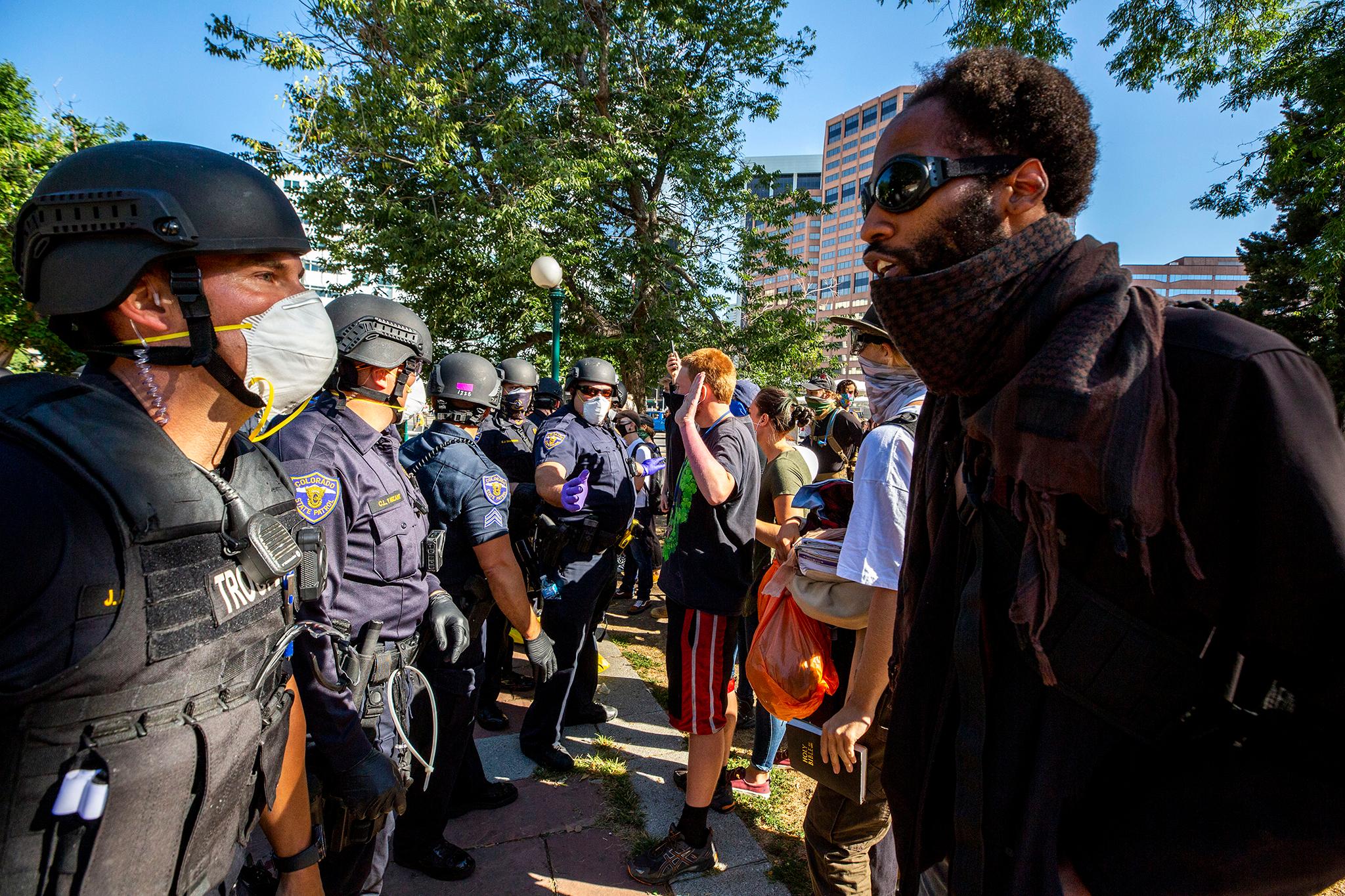
"2020 has taught me to embrace disruption as a means for potential positive change. The ubiquity of COVD-19 and massive protests for Black lives have illuminated various flaws in the conduct and accountability of our institutions. As a result, I've learned the necessity of challenging leaders regardless of party affiliation, especially at the local level."
Bob McDonald, Denver's public health director
The city's top health official led the response to a pandemic that exposed racial and economic inequity.
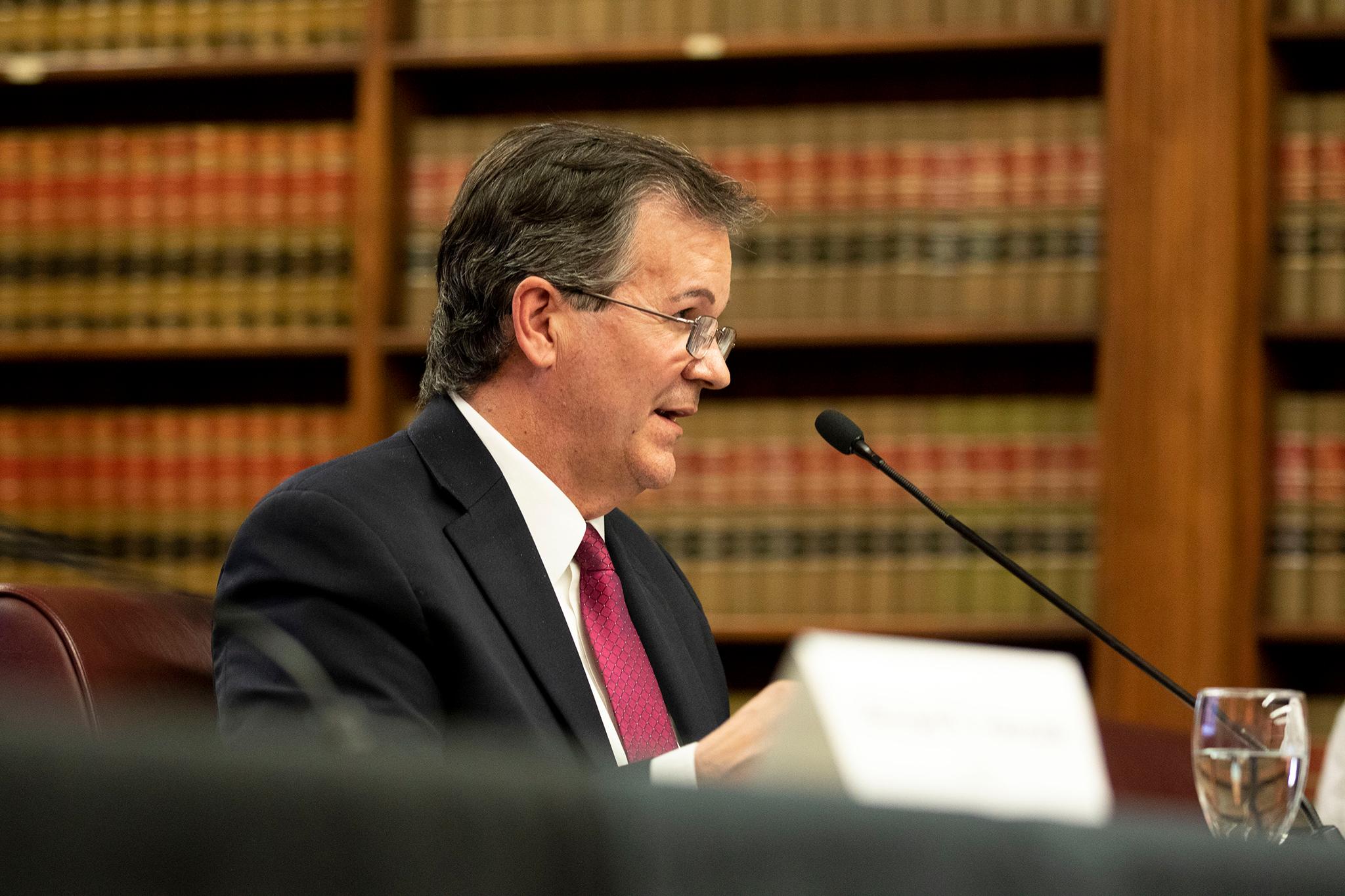
"After 30 years in public health, I thought I'd seen it all, but obviously COVID-19 proved me wrong there. I think what I've learned during the pandemic that it doesn't pay, at least not with this virus, to plan too far in advance. We just have to move forward and do what we think is best without trying to second-guess our efforts, because it's very likely that in a few days, we're gonna learn something new about this virus, or something's gonna change with the vaccine, or something's going to change at the state level that changes the restrictions that we have in place.
"As a local public health department, I think we're pretty aware of health inequities that exist in our communities. We've seen that underserved communities and people of color have been disproportionately impacted by the pandemic. I wouldn't say it was a complete surprise. We knew it before, but now we feel it. Even though we may not be impacted, we see many who are, and it's hard to see that. So I think maybe our awareness hasn't changed, but we're feeling it a little bit more now and feeling the impact for those people who just didn't have the choice. Hopefully, in the next pandemic, we're in a better situation to help those that were most impacted."
Gerardo Muñoz, a teacher at Denver Center for International Studies and Colorado's Teacher of the Year
The public school educator taught students social studies during a pandemic and had a front-row seat to the cracks in the system exposed by the virus.
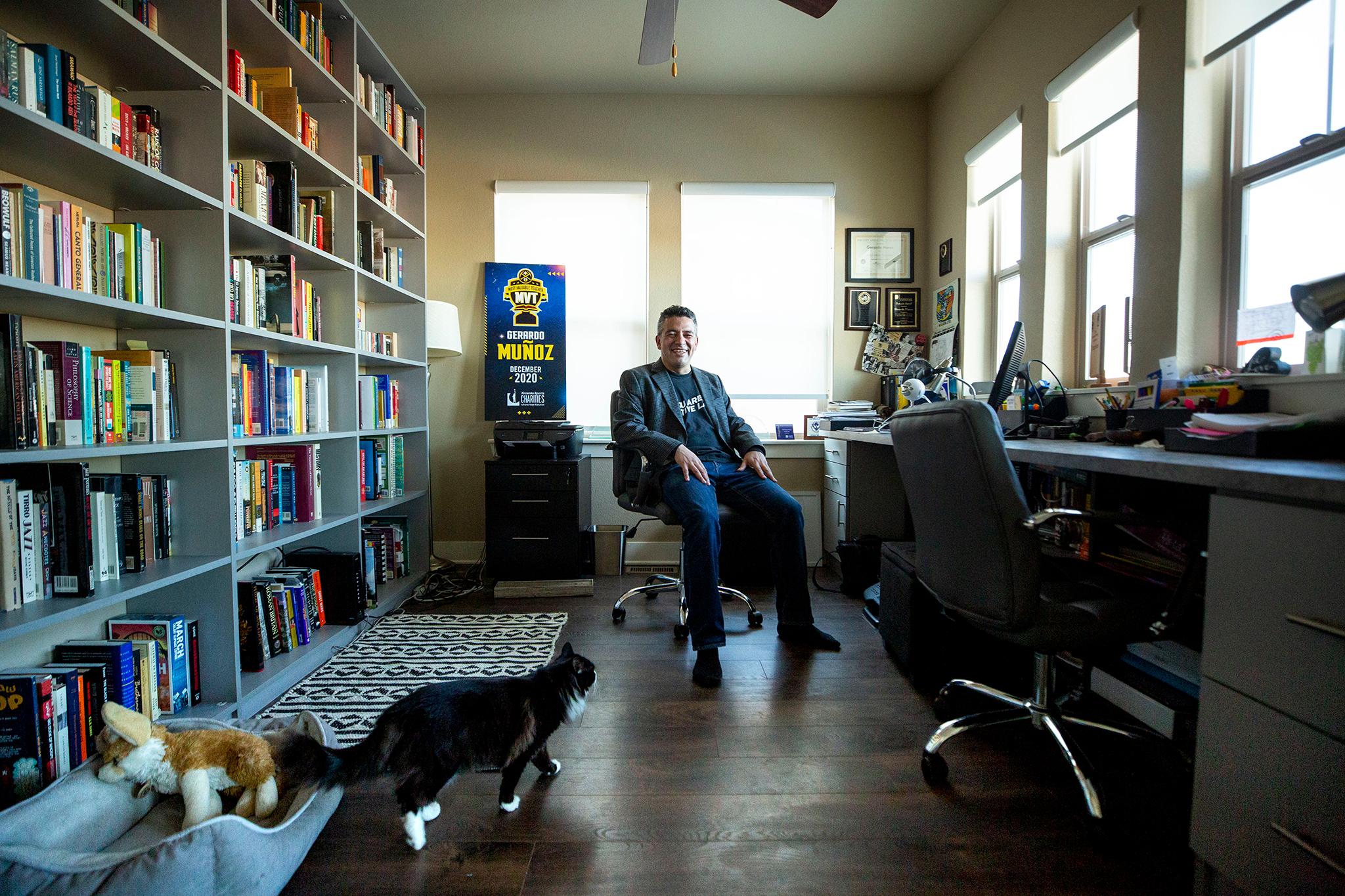
"As I've seen communities and individuals struggle with the challenges of 2020, what I've realized is that things are much easier to face if there are systems in place to support folks. I had heard people say before that they viewed high-speed internet access as a civil right. And it was one of those things that I was kinda like, yeah, I kind of get that. That makes sense. And then when trying to teach remotely, the success that my students had was directly related to the type of internet access that they had. Housing insecurity, food insecurity, those systems were in need of really being strengthened. And those were issues before the COVID shutdown and before the pandemic really hit communities hard. But I'm left to wonder that if we committed more resources to people's basic needs if the impact on communities would have been this intense.
"I've realized that a lot of the things that students were going on already were just intensified. The need for mental health supports among young people and students in middle and high school -- there was a need for that before. And I think what 2020 has done is to lay bare just how urgent that need is. Students who are already feeling socially awkward, socially uncomfortable, now they're socially isolated. And the impact of depression on teens has been really intense. I think as an educator, what I had to learn how to do was come down to the very fundamental question of, are my students OK right now? And the answer is probably no. And so knowing that my students are probably not OK right now, what is a role that I play as a person who always represented consistency for them on a daily basis?"
Kyle Clark, host of Next with Kyle Clark
The TV personality has read a lot of this year's headlines and analysis, but his thoughts drift to introspection.
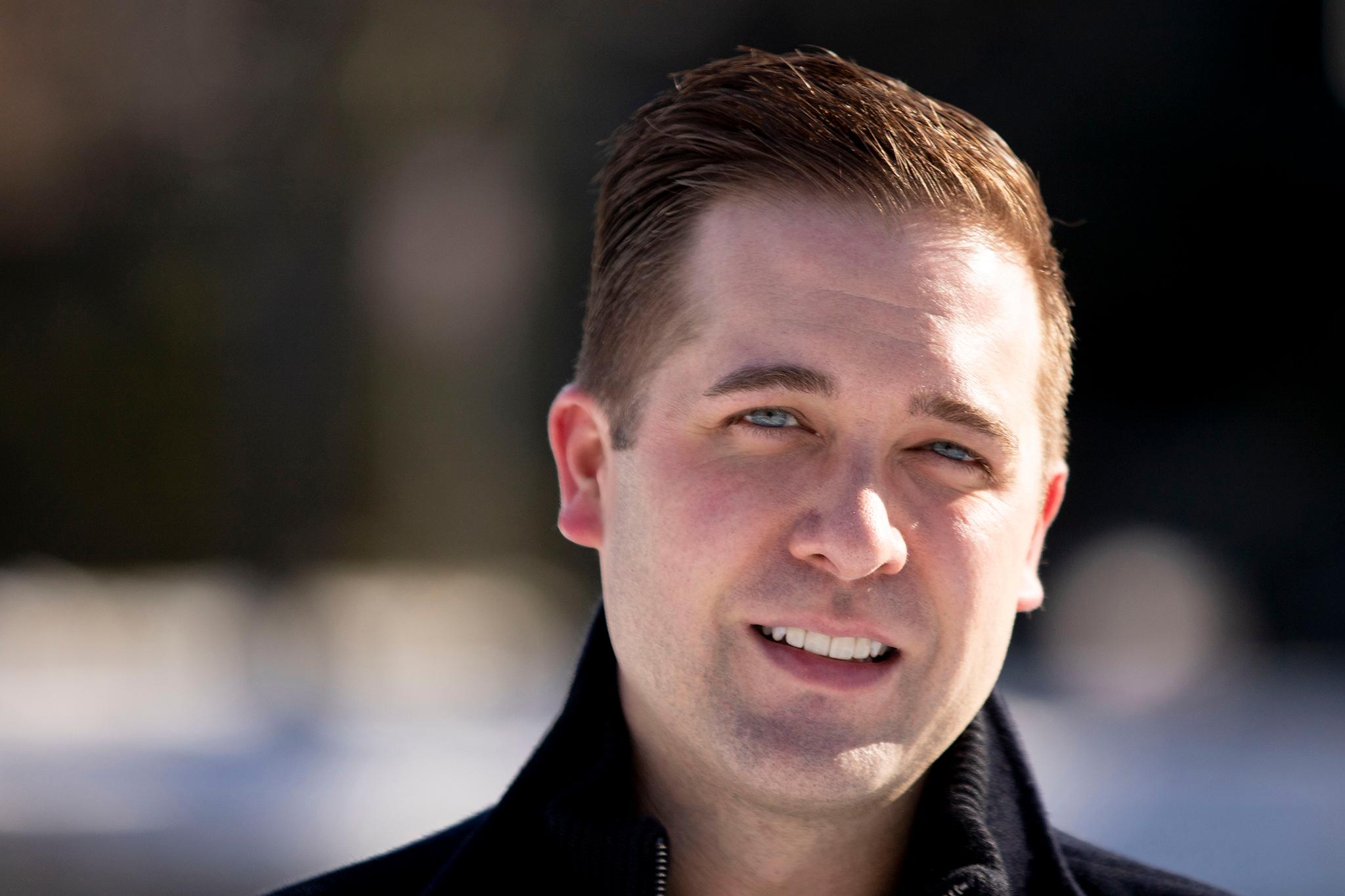
"2020 really sorted my family's priorities. It helped us determine what we valued most and would go to great lengths to preserve. And it allowed us to set aside things we'd done out of habit. Most importantly, 2020 reminded me that need is all around. Every day there is an opportunity to help our neighbors if we're actively looking for it."

